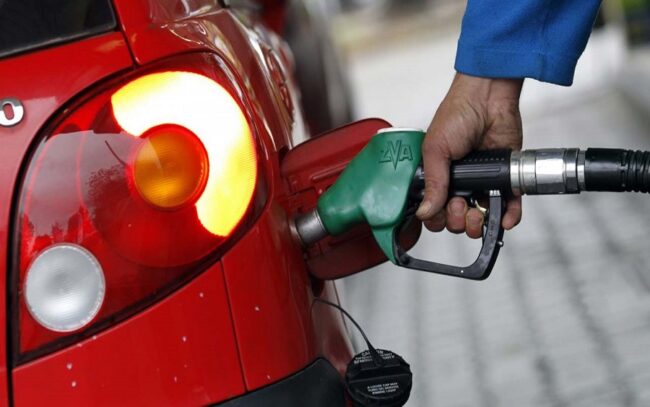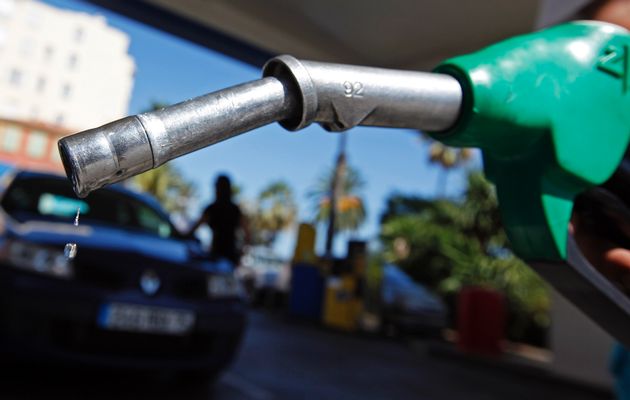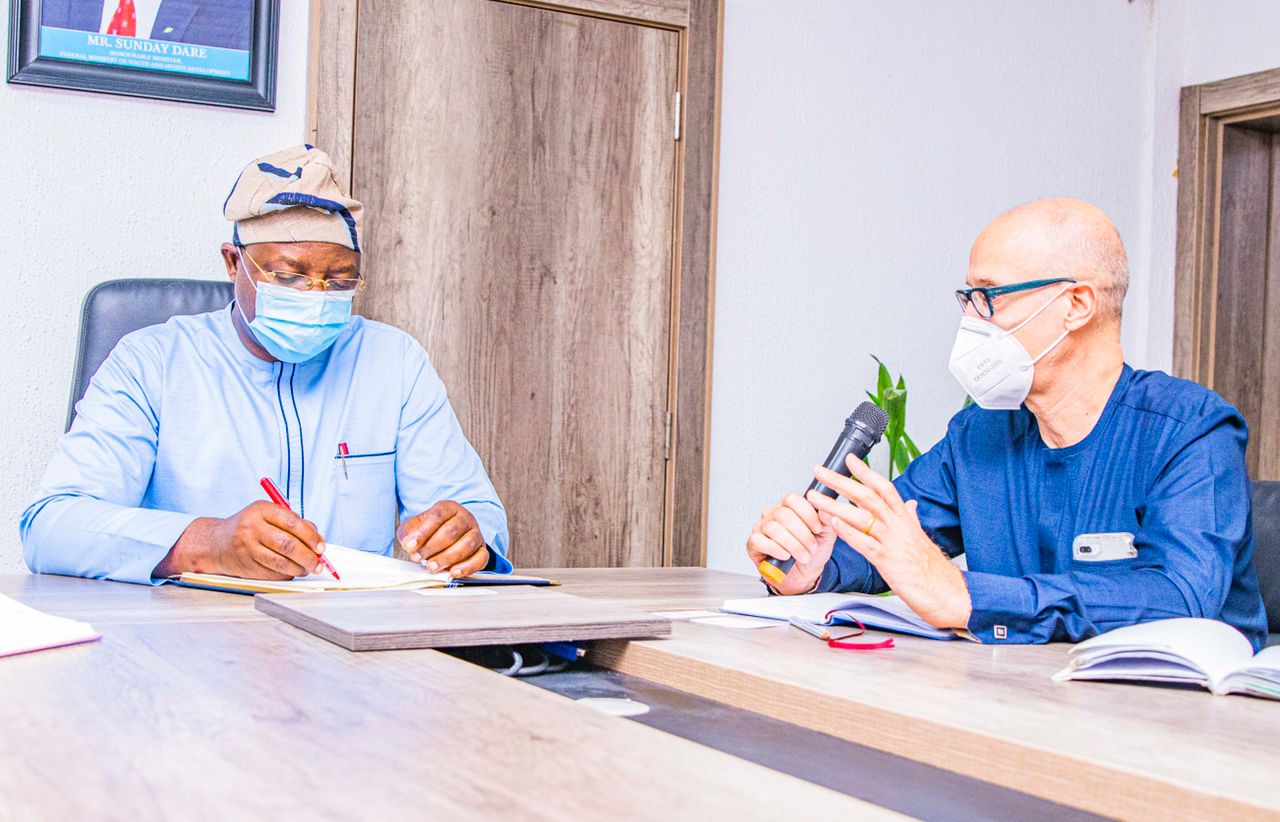On February 8, 2022, the Nigerian Midstream and Downstream Petroleum Regulatory Authority (NMDPRA) confirmed the importation and distribution of petrol with methanol quantity above Nigeria’s specification.
The regulator said the impacted product had been isolated and withdrawn from the market, including the loaded trucks in transit.
The development resulted in long queues across Lagos and Abuja as many filling stations shut down their services.
“Our technical team, in conjunction with NNPC Ltd and other industry stakeholders, will continue to monitor and ensure quality petroleum products are adequately supplied and distributed nationwide,” NMDPRA said.
Advertisement
But the assurance came a little too late as some vehicles had already been affected by the methanol-laden petrol.
WHAT IS METHANOL?
Methanol is a regular additive in petrol, and it is usually blended in an acceptable quantity. It is a clean-burning, high octane (hydrocarbon) blending component for gasoline that is made from alternative non-petroleum energy sources such as natural gas, coal, and biomass.
Advertisement
The use of methanol in gasoline blending began in the 1970s when the automakers of the time and the oil refining industry began investigating the use of methanol gasoline blends in vehicles.
This was in response to the crude oil price hike at the time.
Methanol blends at 15 volume percent (M15) were successfully used in several large vehicle fleets (per 1000 vehicles each) in multi-year road trials to investigate the durability and performance of the fuel blend.
WHY IS METHANOL NEEDED IN PETROL?
Advertisement
Methanol has many fuel properties that make it cleaner burning in gasoline engines, according to the Methanol Institute. Apart from containing oxygen for cleaner fuel combustion, it also has a high blending octane for smoother burning and lower boiling temperature for better fuel vapourisation in cold engine operation.
These blending properties allow oil refiners or gasoline blenders to produce cleaner-burning gasoline that reduces vehicle emissions which are precursors to ozone and particulate matter (PM) in the ground-level atmosphere.
“For the developing economies, the blending of methanol in gasoline is one of the quickest and lowest-cost means for both displacing costly petroleum energy consumed in the existing vehicle fleet on the road, and also reducing vehicle emissions that lead to air pollution such as ozone, carbon monoxide (CO), air toxic and PM,” the institute said.
IS METHANOL DANGEROUS FOR CARS?
Advertisement
High percentages of methanol in fuels are capable of lowering the energy density of the fuel to the point where hard starting and stalling (a situation where the car refuses to start or dies after starting) become issues for some motorists.
According to Top Gear, an automobile website, the use of methanol in small amounts is safe — but uncontrolled and unregulated mixing can result in concentrations high enough to cause additional wear and damage over time to sensitive seals and hoses in the fuel system.
Advertisement
From the foregoing, methanol is not the problem, but uncontrolled or unregulated quantities may cause an issue for an automobile’s engine.
WHAT IS THE GLOBAL AVERAGE FOR METHANOL CONTENT?
Advertisement
Farouk Ahmed, NMDPRA CEO, in an interview with Arise TV, said the maximum acceptable limit of methanol in gasoline across Europe is around two to three percent.
Ahmed said the contaminated gasoline imported is higher than the limit — but did not provide further details about Nigeria’s specification for methanol in gasoline.
Advertisement
“The maximum that is the acceptable limit in Europe, for example, is about two to three percent, but this time around it was much higher than that two or three percent,” he said.
“If it was within the acceptable limit, nobody would have known something like this is happening.”
Meanwhile, MRS Oil Nigeria Plc, an oil marketer, had earlier said the contaminated petrol it received from Litasco, the Swiss trading arm of Russia’s Lukoil, had 20 percent methanol, which it described as an “illegal substance in Nigeria”.
HOW DID OFF-SPEC PETROL GET INTO NIGERIA?
In the wake of the outcry over the issue, MRS had initially accused an NNPC subsidiary of importing the methanol-blended petrol.
“Due to current subsidy regime, NNPC is the sole importer of all PMS in Nigeria. Consequently, NNPC through their trading arm Duke Oil, supplied a cargo of PMS purchased from international trader Litasco and delivered it with the Motor Tanker (MT) Nord Gainer,” MRS said in a statement issued on Wednesday.
But NNPC, which oversees fuel imports through the government’s direct sale, direct purchase (DSDP) contract, said suppliers imported the product, adding that it originated from Antwerp, Belgium.
According to Mele Kyari, general managing director, NNPC, the suppliers include MRS, Oando, Emadeb Consortium, and Duke Oil, a subsidiary of NNPC.
“NNPC investigation revealed the presence of methanol in four PMS cargoes imported by DSDP suppliers including MRS, Oando, Duke Oil, and Emadeb/Hyde/AY Maikifi/Brittania-U Consortium,” Kyari said.
So far, Duke Oil, Oando, and Emadeb Consortium are yet to issue official statements on their involvement in the matter.
WHAT IS THE DIFFERENCE BETWEEN OFF-SPEC AND ADULTERATED FUEL?
Adulteration reduces the quality or purity of petrol by adding foreign or inferior elements. Off-spec means the product did not meet the quality or standard requirements set by regulation.
WHAT ARE THE RIPPLE EFFECTS SO FAR?
Although the NNPC had said it is taking correctional measures by withdrawing the contaminated PMS, the impact of the substandard PMS is telling across the country.
Consumers are grappling with fuel shortages which have resulted in long queues at various stations across the country.
In a viral video, a petrol attendant in Lagos complained about how the product supplied to the station damaged motorists’ cars and motorcycle engines.
There have also been other reports of vehicle damage — a situation acknowledged by Timipre Sylva, minister of state for petroleum resources.
“We know that some people’s vehicles must have also been damaged; that is also going to be taken into consideration in dealing with the situation,” he said.







